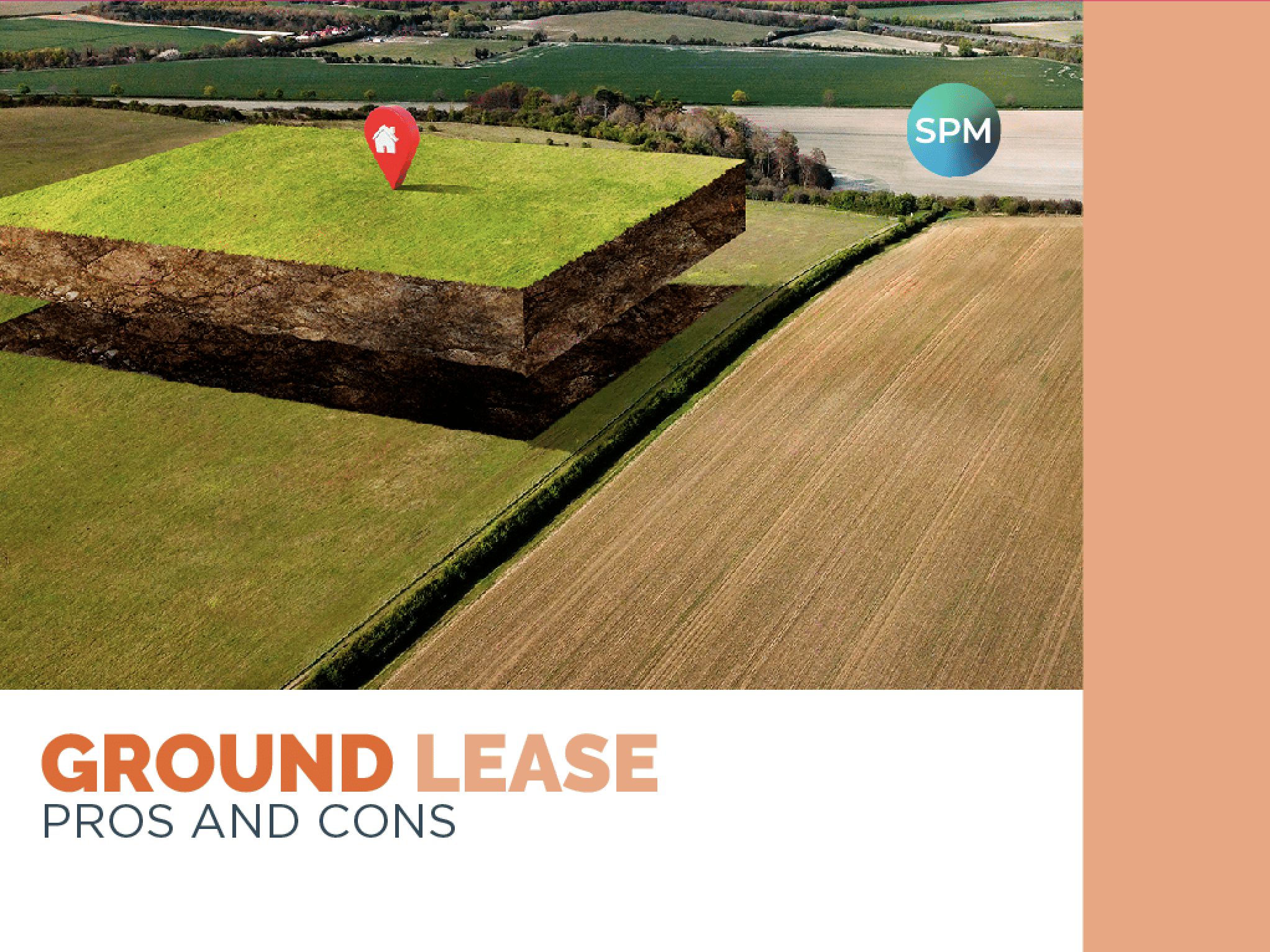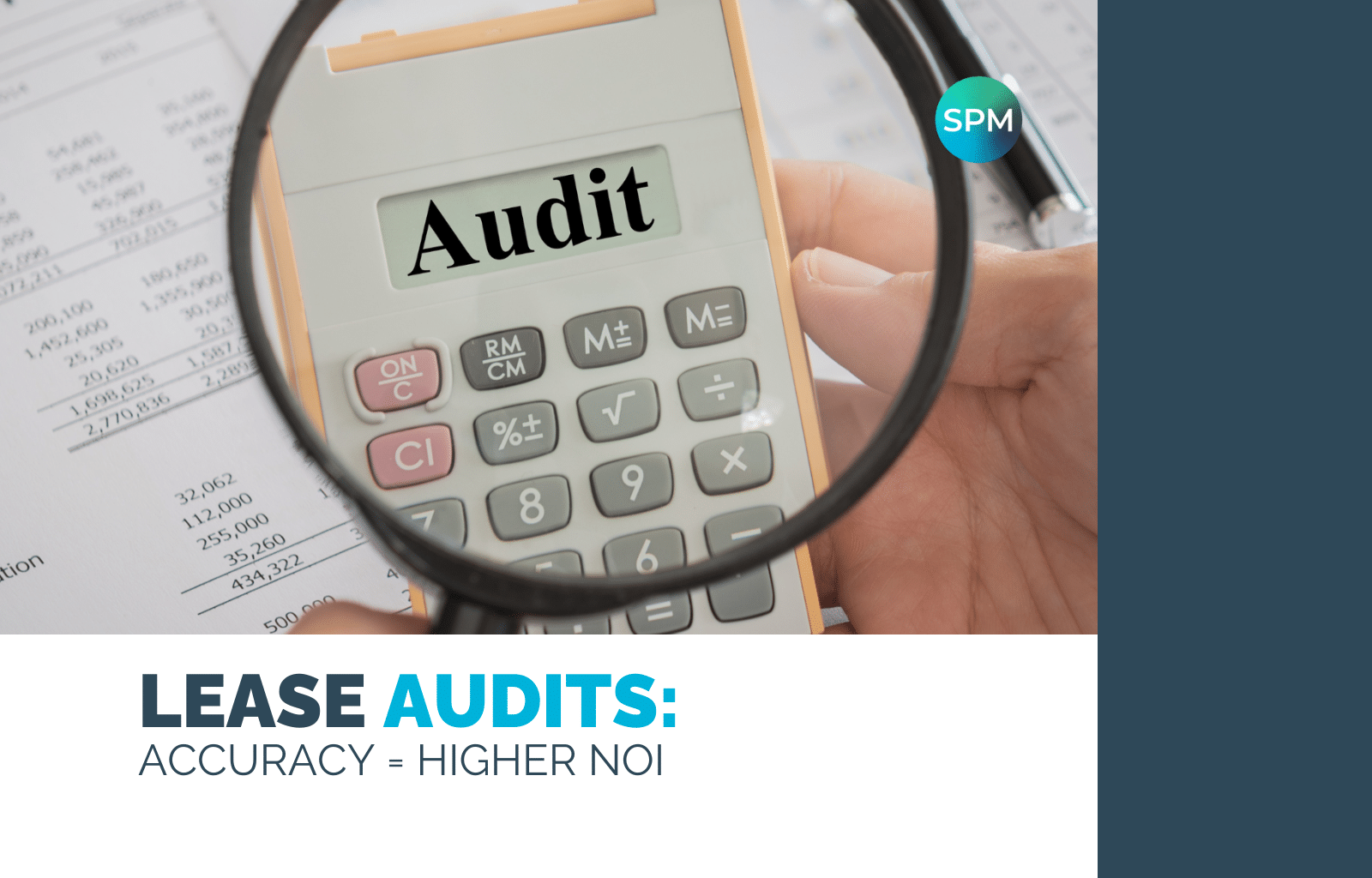Ground Lease Pros and Cons
Prime real estate is frequently pricey and challenging to find. However, Developers who might not otherwise have access to land for developmental purposes can get an opportunity through the process of securing a ground lease.
A ground lease refers to a long-term lease of land. The tenant pays periodic rent payments to the landlord just like in any typical landlord-tenant situation. In exchange, the tenant can use and develop the land for their purposes.
Ground leases are land-only investments compared to triple-net investments, including both land and structures. Let’s talk about ground lease pros and cons in detail!
What is a Ground Lease? How Does a Ground Lease Work?
A ground lease agreement is most common in the commercial real estate industry and can offer several advantages and disadvantages for landlords and tenants.
A ground lease defines the following:
- Who owns the building
- Who owns the land
- Alterations to the property, etc
A ground lease is an agreement that allows a tenant to develop a plot of land during the lease period, after which the land and its improvements are returned to the landlord. The lease is usually long-term for a 50-99-year period.
The majority of ground leases are used in business contracts or commercial agreements. However, these leases differ significantly from conventional leases that you may typically find for office buildings and shopping centers.
Other commercial leases usually do not require the lessee to assume ownership of the property or make any significant changes to the property.
Here, not only is the renter allowed to make changes but the modified property is handed over to the owner at the end of the lease tenure.
Types of Ground Leases
Ground lease agreements are classified into two types: subordinated and unsubordinated. The primary difference between these two deals depends on what happens if a tenant faces financial difficulties during the lease tenure.
1. Subordinated Ground Lease
If the tenant defaults on a loan used to finance upgrades, the landlord in a subordinated ground lease, permits the property deed to serve as collateral. Since the landlord is taking on more risk in a subordinated lease, they generally demand higher rent.
Due to the potential gain in property value from having the building constructed on their land, a landlord may be willing to sign a subordinated ground lease.
2. Unsubordinated Ground Lease
The landlord who contracts via an unsubordinated ground lease retains top priority if there are any claims against the property. This means that even if the tenant defaults on the loan, the lender cannot foreclose on the property.
The lender in these cases generally requires a personal guarantee that gives them the right to pursue the tenant’s personal assets if they default.
Prospective lenders can be hesitant to extend a mortgage in the case of an unsubordinated ground lease. As a result, landlords typically have to accept a lower rent.
Ground Lease Pros and Cons
When appropriately executed, ground leases can offer benefits for both parties. If you are considering entering into a ground lease, it is essential to weigh the pros and cons carefully to determine if it is the right decision for your needs.
Pros of a Ground Lease
1. Landlords:
- Tax Savings: A landlord receives a taxable benefit when they sell their property outright to a tenant. In the case of a ground lease, they are not required to disclose any gains. Even yet, the rent they get is generally taxable income.
- Stable Income: While still controlling their property, landlords have access to a reliable income stream. Ground leases frequently have escalation provisions.
2. Tenants:
- Building in a Desirable Location: Tenants can develop a building in a desirable area they otherwise might not be able to buy. Large chain retailers frequently use a ground lease in corporate expansion plans.
- Zero Down Payment: Less equity is needed since the tenant does not need to make a down payment to secure a plot of land (as they would if they were buying). This frees up money for other purposes.
Cons of a Ground Lease
1. Landlords:
- Loss of Control: Failure to include the right conditions and provisions in the lease could result in the landlord losing possession of the property.
- Higher Tax Consequences: Depending on the property location, a ground lease may have higher tax consequences for the landlord. Despite not making money when they sell the property, landlords count the rent they get as revenue.
It can increase the tax burden on the landlord because rent will now be taxed at income tax vs capital gain rates.
2. Tenants:
- High Upfront Costs: Ground lease fees could end up being more expensive than those associated with straight-up purchases. It is important for tenants to be aware that a variety of costs might add up and become unattractive.
- Limited Flexibility: If the landlord requires permission before making any alterations, tenants might have difficulties using or developing the property. As a result, a tenant might experience greater restrictions than if they had purchased the property.
Ground Lease Pros and Cons: Conclusion
Depending on the ground lease agreement, there can be advantages for both tenants and landlords. Ground lease property needs the same attention and care as a fee simple property.
If you are looking for experienced professional property management, consult us at Summerfield Property Management.
We at Summerfield Property Management employ tried and tested strategies to ensure that your buildings compete well in the market. You can learn more about our approach by scheduling a meeting with us!
Ground Lease Pros and Cons: FAQs
Q: In which field are ground leases most often used?
A: A ground lease agreement is most commonly found in commercial real estate. They are generally long-term ranging typically anywhere from 50 to 99 years in length. The tenant rents the land from the landlord. The landlord receives ownership of the improvements when the lease expires.
Q: Is a ground lease a good arrangement?
A: A ground lease can be a win-win situation for all parties if structured correctly. Additionally, land leasing may offer greater flexibility and specialized financial options relative to a traditional property sale.
Q: Can you renew a ground lease?
A: Anything is possible if both tenant and landlord can agree to new terms.










